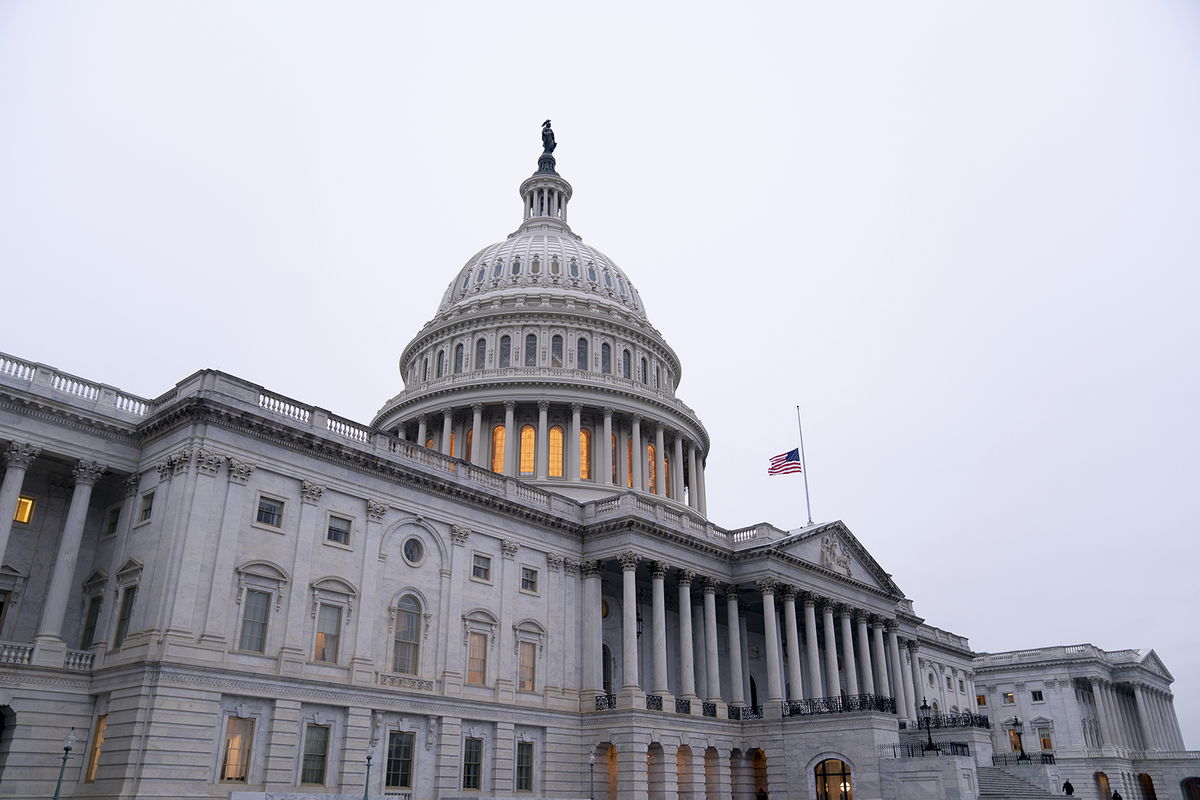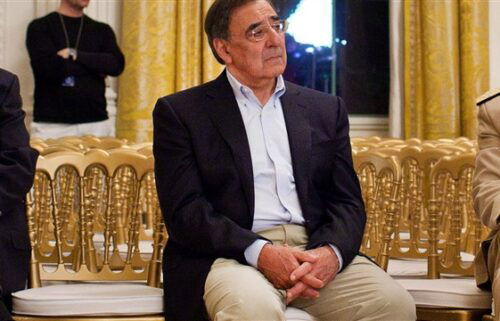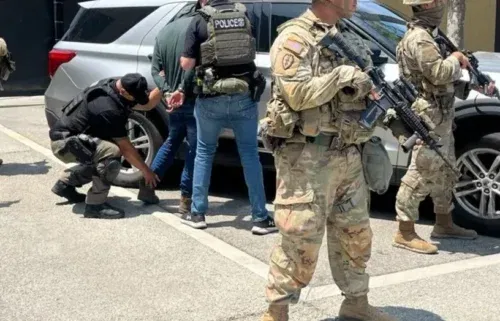US Capitol security review set to call for adding more than 1,000 police officers and retractable fencing

A review of US Capitol security in the wake of the January 6 insurrection is set to recommend a series of sweeping changes next week intended to better protect lawmakers while they are in Washington, DC, and at home, according to two sources with direct knowledge of the findings.
Both sources told CNN that a draft of the proposal recommends adding more than 1,000 US Capitol police officers, establishing a dedicated quick reaction force and building an integrated system of walls and fences around the Capitol complex.
House Speaker Nancy Pelosi directed retired Lt. General Russel Honoré to conduct an independent review of the security presence around the Capitol last month after a pro-Trump mob breached the building.
The draft recommendations include dozens of improvements to physical security infrastructure around the complex, better communication resources for officers and additional personnel to bolster a force that was overrun by rioters last month.
The addition of more than 1,000 Capitol Police officers — at a cost approaching $100 million — would include some 350 officers and expanded staffing in regional offices. The review found that the force must be expanded in part to meet members’ security needs when they are back home, according to one of the sources with knowledge of the findings.
The second source also noted that expanding the force will provide some relief for current officers, many of whom are exhausted and have been working significant amounts of overtime since January 6.
Additionally, the recommendations call for establishing a robust and dedicated quick reaction force composed of a National Guard military police battalion to be on standby in Washington full time, according to both sources. The quick reaction force will be staged near the Capitol and able to respond in future crisis situations, one of the sources noted.
In addition to dramatically increasing the number of USCP officers dedicated to protecting the Capitol and lawmakers, the recommendations include several short- to long-term improvements to perimeter security, which include purchasing “rapidly deployable and removable fencing,” which is estimated to cost tens of millions of dollars.
Long-term, the draft recommendations suggest building an integrated system of walls and fences around the Capitol — the cost of which is to be determined. One of the sources with knowledge of the recommendations insisted that the primary option is to use mobile fencing and the long-term suggestion should not be interpreted as building a permanent wall around the Capitol.
USCP and Pelosi’s office declined to comment on the draft recommendations.
The recommendation to build integrated fencing and walls around the Capitol could prompt questions from lawmakers on both sides of the aisle who have made clear the complex should not resemble a “fortress.”
On Thursday, acting USCP chief Yogananda Pittman declined to elaborate on a timetable for removing the fencing and sending National Guard troops that remain in Washington back to their home states despite bipartisan calls to reduce the security posture around the Capitol.
“We have no intention of keeping the National Guard soldiers or that fencing any longer than what is actually needed. We’re actively working with a scaled down approach so that we can make sure that we address three primary variables,” Pittman said during a hearing on security failures related to the January 6 Capitol attack.
“One is the known threat to the environment, two is the infrastructure vulnerabilities and then that third variable being the limitations the US Capitol’s police knows that it has as it relates to human capital and technology resources,” she added.
Later in the hearing, Pittman said the fencing around the Capitol is not permanent — an idea she had previously proposed.
“The temporary infrastructure is only to address the vulnerabilities after the attack of January 6. Our priority is to make sure that the members of Congress are safe, and that democratic process is protected. Once we have appropriate infrastructure and human assets in place we will lean forward with the removal of the fencing,” she said.
CNN has previously reported that USCP told lawmakers that the razor wire fencing around the Capitol should remain in place until at least September due to lingering security concerns related to threats against members of Congress.
Pelosi has not definitively said whether she supports permanent fencing around the Capitol. Future security decisions would be informed by the findings of Honoré’s review, a Pelosi aide told CNN earlier this month.



